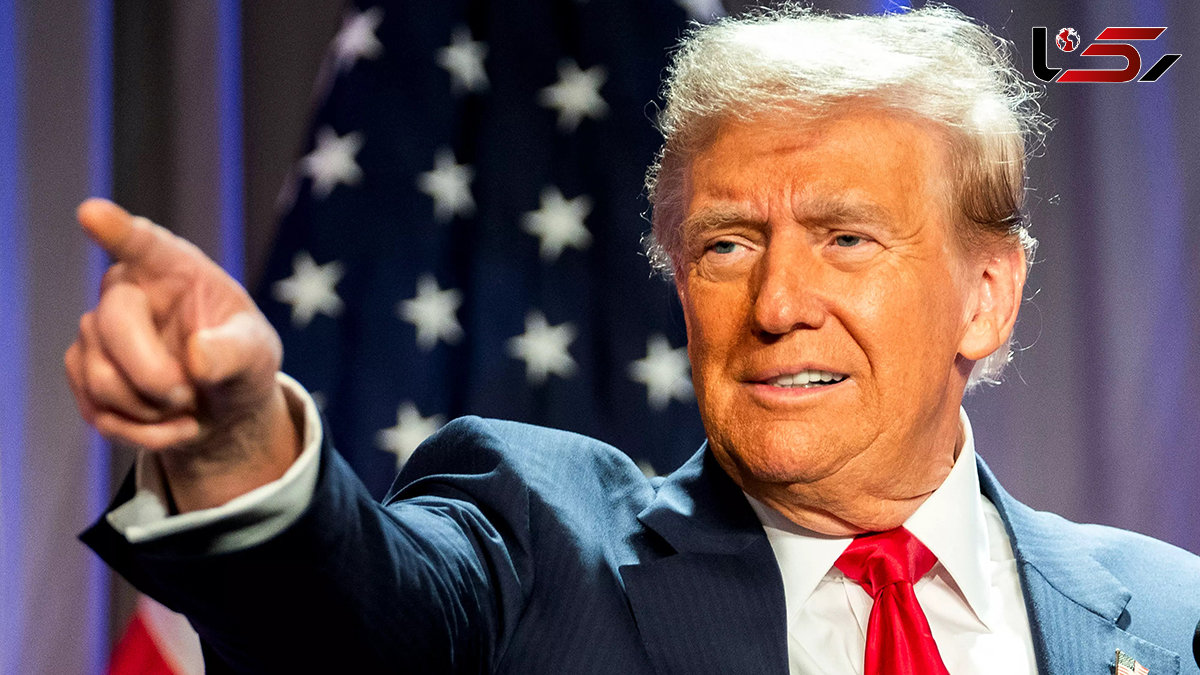Trump’s Latest Actions Signal a radical and Unprecedented Turn in His Presidency
Rokna Political Desk: The indictment of former FBI Director James Comey highlights a dramatic escalation in President Trump’s consolidation of power and targeting of political opponents.

According to Rokna, citing CNN, after frequently testing the limits of American democracy during his second term, President Donald Trump has now begun to bypass those safeguards at an unprecedented pace. On Thursday, the Justice Department secured an indictment against former FBI Director James Comey, just days after Trump publicly called for his prosecution and replaced the prosecutor who resisted bringing charges against the president’s political opponents.
This development illustrates how, in recent weeks, Trump has intensified his efforts to reshape the federal government and centralize power, taking rapid and decisive actions to remove internal obstacles, enforce loyalty, punish adversaries, and curb public dissent. Observers note that Trump is creating an environment increasingly free of resistance, seemingly allowing him to act without constraint.
The indictment of Comey stands as a prominent example of Trump’s more overt efforts to target his political enemies. While the president has previously accused opponents of crimes and intervened in legal proceedings, this represents a more direct execution of his long-sought goals. Former White House counsel Ty Cobb described the indictment as a “tragic day” and labeled it a “vindictive” and “selective prosecution,” warning that it could mark either the end of the rule of law or the tipping point against growing authoritarian actions.
In recent days, Trump has consolidated control over his retribution campaign. After firing a U.S. attorney in Virginia for refusing to charge Democratic New York Attorney General Letitia James, and replacing him with a loyalist, the indictment of Comey followed. Similarly, Trump has explicitly called for investigations against figures such as billionaire donor George Soros, with the Justice Department reportedly preparing potential charges.
Analysts note that officials in Trump’s first term often resisted such actions, including Attorney General William Barr, who at one point described Trump’s pressure on ongoing cases as making it “impossible” to perform his duties. Now, however, the administration appears to be following the president’s directives openly, signaling a significant shift in executive power and legal oversight.
Parallel to these efforts, Trump has moved to limit dissent, targeting media outlets, critics, and even federal communications regulators. He suggested that networks critical of him could lose licenses or face criminal scrutiny, a move that goes beyond prior actions against perceived adversaries.
In addition, the Trump administration has taken aggressive steps across various sectors, including threats of mass firings if Congress does not comply with budget demands, interventions in sensitive healthcare policies, proposals for economic support to allied governments, and the expansion of unilateral military authority. These measures demonstrate a willingness to bypass conventional legal and institutional constraints, raising concerns about the balance of power and democratic norms.
With key establishment figures replaced by loyalists and political norms increasingly disregarded, Trump’s presidency in its second term is exhibiting a level of radical change in the operation of the American government that few observers anticipated.
Send Comments